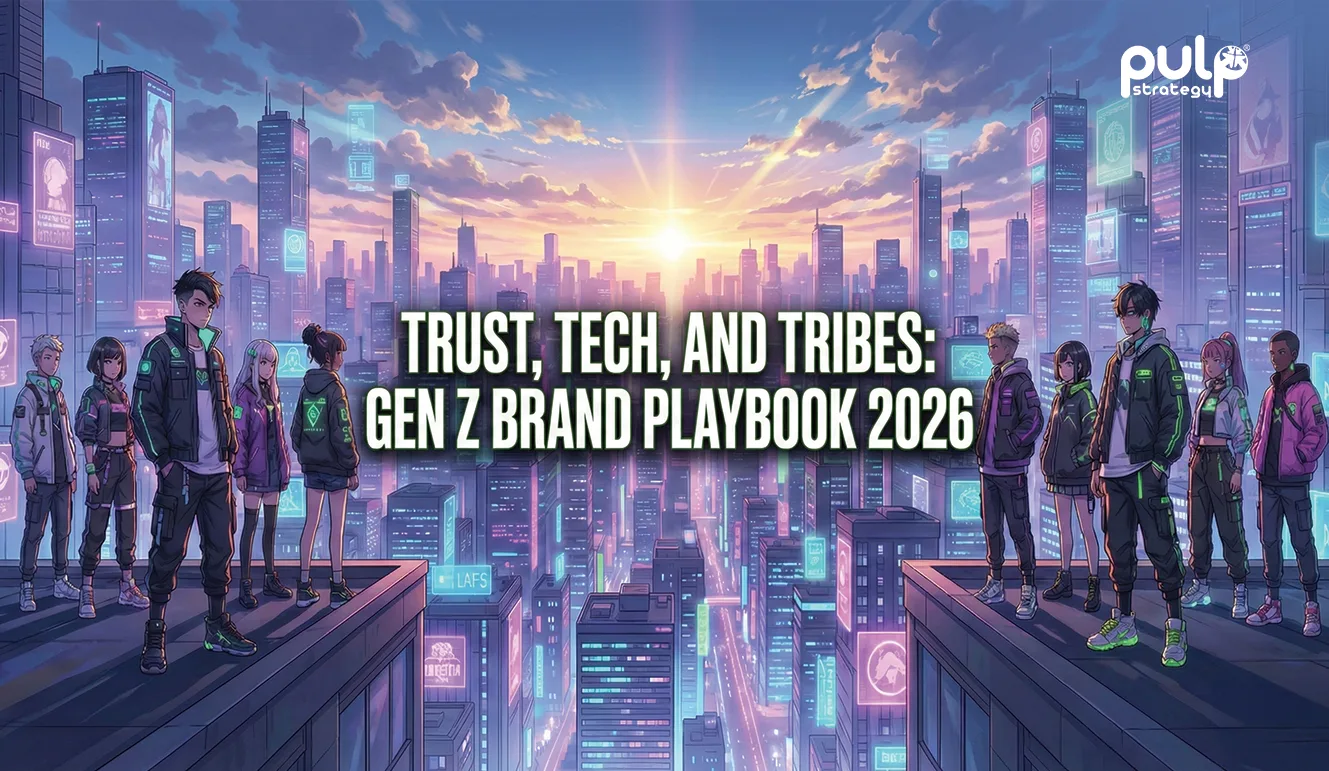The Metaverse is today's hottest discussion in the online world, but what exactly is it?
Facebook's business name has lately been changed to Meta. It was part of an extensive rebranding to reflect the media conglomerate's greater focus on the virtual world and virtual product development. It's referred to as a Metaverse, and it's the next step in the evolution of social connectivity.
Perhaps it's no surprise that many companies are investing in the Metaverse. Though some of them will undoubtedly fail, the Metaverse's potential to define the champions and losers of digital marketing for decades to come is too great to overlook. And it appears that the eventual winners will be discovered among the brands that are already putting it to the test.
In this piece, we will take you for a dive into the deep world of metaverse marketing. Read on!
Why are brands shifting to Metaverse?
What's the big deal? What is it about the Metaverse that attracts companies, and why do many believe it is worth investing in?
The first and most obvious reason is that it combines the best from the real and digital worlds to influence how people work, study, play, shop, socialise and communicate. There are several additional significant reasons why the Metaverse has the potential to alter digital marketing.
Companies are investing in the Metaverse for several reasons. It's brand new and faster connections are finally available to handle rapidly expanding workplaces. The most significant reason, though, is that marketers want to keep millennials and Gen Z up to speed and involved with their products and technology, and metaverse marketing allows them to do it better. Based on the level of engagement that companies are already receiving, it's evident that this marketing technique is both effective and sustainable.
Metaverse provides a never-before experience
The static display and video commercials of the web and social media have gotten old for today's customers. Rich, interactive and immersive experiences are what they want. They don't want to merely be sold to; they want to be a part of establishing your brand, to have a say in what it means to them.
Such encounters are the foundation of metaverse marketing. You don't necessarily watch or view the Metaverse as much as you participate in it. Your very existence contributes to change in many ways. The Metaverse substitutes the web's flat, two-dimensional reality with a 3D or even 4D experience much more like real life. As the experiences marketers may create in the Metaverse are almost unlimited, brands are investing heavily in metaverse marketing.
Recently, Vans launched a virtual skatepark that allows players to try new tricks and earn points that they can be used to upgrade their avatar in the virtual marketplace.
The complete customer journey can exist in the Metaverse.
Search and social media, for example, were once thought to be industry defining channels that catered to only one phase of the customer journey. For example, search is excellent at identifying prospects in the mid- to low-funnel who are already in the intent and assessment stages. Still, it is terrible at raising awareness and shaping impressions at the top. Social media, on the other hand, has always been strong in the latter but weak in the former.
The Metaverse, on the other hand, offers chances to streamline and holistically alter the entire consumer journey. It enables marketers to reach out to new audiences in better and creative ways while allowing people to delve deeper, learn more, and ultimately make purchases, all in one seamless experience.
Rise of virtual products
Standard products or services might be sold over and over again. The marketing team determines the qualities and values of the items. These things will live on in the Metaverse, but a new product category is emerging: the virtual product. Because even actual commodities could have digital, virtual identities in the Metaverse, the capacity to design virtual goods will be an essential tool for any marketer.
Virtual products have qualities, but they are not necessarily under the control of marketers. Because virtual products are conceptual, digital, and in some cases infinite, they are constantly changing. The marketer's work alters when they are marketing virtual products and personalities. Instead of defining the product, the marketer should establish boundaries and allow the user to personalise and upgrade it. The marketer's role shifts from establishing a repeatable, standard product description to empowering the user due to this dynamic. The ultimate goal of virtual product design should be to create products that allow the user complete control over the end product's form, function, and virtual design.
Concept of pricing will change
Relationships are the primary unit of value in a dynamic community like the Metaverse. Today's marketing is built on a cost-based value model. The product's price is determined by the cost of raw materials and the amount of effort necessary to manufacture it. The price rises as the cost of delivering these products increases. The community will fix the prices in the Metaverse, and the value attributed to a virtual good will be based on relationship rather than cost.
When practising metaverse marketing, marketers should alter their pricing systems to include a community variable. We should help our organisations understand that community development is now a marketing equation component. As community members, we may be able to charge money for our offers depending on membership and status in the community.
Opportunity to promote diversity and inclusivity
There has been a shift in marketing in the last year or two to make it more inclusive and diverse. According to a recent poll, even though 71 per cent of consumers want brands to encourage diversity and inclusion in their online advertising, 54% do not feel adequately represented in online ads.
The Metaverse is a transformation of society, not just a new technology or marketing channel. The first step in participating in this evolution is to be open to change. Marketers play an essential role in this evolution because we create the communication mechanisms that allow for engagement and growth.









